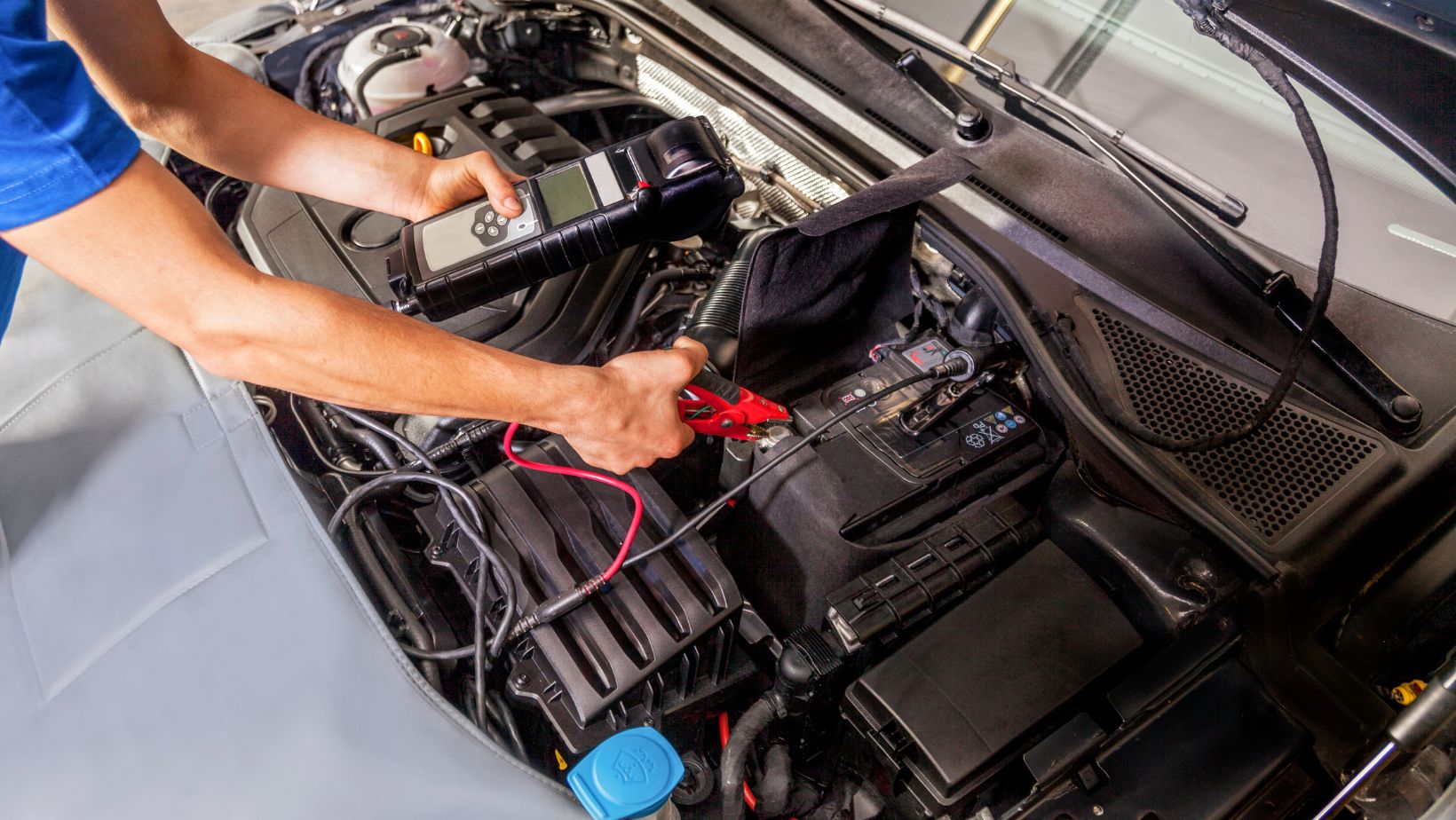Nissan Car Repair
If you’re in need of Nissan car repair, look no further! As an expert in the field, I’m here to provide you with all the information you need to keep your Nissan running smoothly. Whether it’s routine maintenance or a more complex issue, I’ve got you covered.
When it comes to maintaining your Nissan, regular servicing is key. From oil changes and tire rotations to brake inspections and fluid checks, staying on top of these tasks can help prevent major issues down the road. Not only will this help extend the life of your vehicle, but it can also save you money in costly repairs.
In addition to routine maintenance, there may be times when unexpected repairs are necessary. If you notice any strange noises, warning lights on your dashboard, or a decrease in performance, it’s important to have your Nissan inspected by a qualified technician. They’ll be able to diagnose the issue and provide you with the best course of action to get your car back on track.
Signs that Your Nissan Car Needs Repair
When it comes to keeping your Nissan car running smoothly, it’s important to be aware of any signs that indicate it may need repair. Ignoring these signs can lead to more serious issues down the road and potentially costly repairs. So, let’s dive into some common indicators that your Nissan car might need attention from a skilled mechanic.
- Dashboard Warning Lights: One of the most obvious signs that something is wrong with your Nissan car is when dashboard warning lights start to illuminate. Whether it’s the check engine light, ABS light, or any other indicator, these lights are designed to alert you of potential problems within the vehicle’s systems. It’s crucial not to ignore them and have them checked as soon as possible by a qualified technician.
- Strange Noises: Unusual noises coming from your Nissan car should never be ignored. If you notice squealing sounds when braking, grinding noises while shifting gears, or any other unfamiliar sounds under the hood or from the wheels, it could indicate issues with brakes, transmission, suspension components, or other vital parts of your vehicle.
- Vibrations or Shaking: If you feel vibrations or shaking while driving your Nissan car, especially at higher speeds, it could be a sign of an imbalance in tires or wheels. However, it can also point to more severe problems like worn-out suspension components or drivetrain issues. Getting this checked promptly will help prevent further damage and ensure a smooth driving experience.
- Decreased Performance: Has your Nissan car started losing power? Do you notice a decrease in acceleration or difficulty maintaining highway speeds? These performance-related issues can arise due to various reasons such as malfunctioning sensors, clogged fuel injectors, ignition system problems, or even engine troubles. It is essential not to overlook these symptoms as they may require immediate attention.
- Fluid Leaks: Keep an eye out for any fluid leaks underneath your Nissan car. Whether it’s a pool of oil, coolant, transmission fluid, or brake fluid, leaks can indicate problems with seals, gaskets, hoses, or other components.
Remember that these are just a few signs that your Nissan car may need repair. If you notice any of these indicators or experience any other unusual changes in your vehicle’s performance or behavior, it’s best to consult a trusted mechanic who specializes in Nissan cars.

Regular Maintenance Tips for Your Nissan Car
Maintaining your Nissan car is essential to ensure its longevity and optimal performance. By following these regular maintenance tips, you can keep your vehicle running smoothly and avoid costly repairs down the road.
- Regularly Check Fluid Levels: One of the easiest ways to maintain your Nissan car is by regularly checking fluid levels. This includes engine oil, transmission fluid, coolant, brake fluid, and power steering fluid.
- Inspect Belts and Hoses: Belts and hoses play a crucial role in the functioning of various components in your Nissan car. Regularly inspect them for signs of wear or damage such as cracks, fraying, or leaks.
- Keep an Eye on Tire Pressure: Proper tire pressure not only ensures a smooth ride but also improves fuel efficiency and extends tire life.
- Change Filters Regularly: Air filters and oil filters help keep dirt, debris, and contaminants from entering vital engine components.
- Schedule Professional Inspections: While performing basic maintenance tasks yourself is important, it’s also crucial to schedule regular inspections with a qualified mechanic who specializes in Nissan cars.
By following these regular maintenance tips for your Nissan car, you can ensure that it remains reliable and performs optimally throughout its lifespan







































